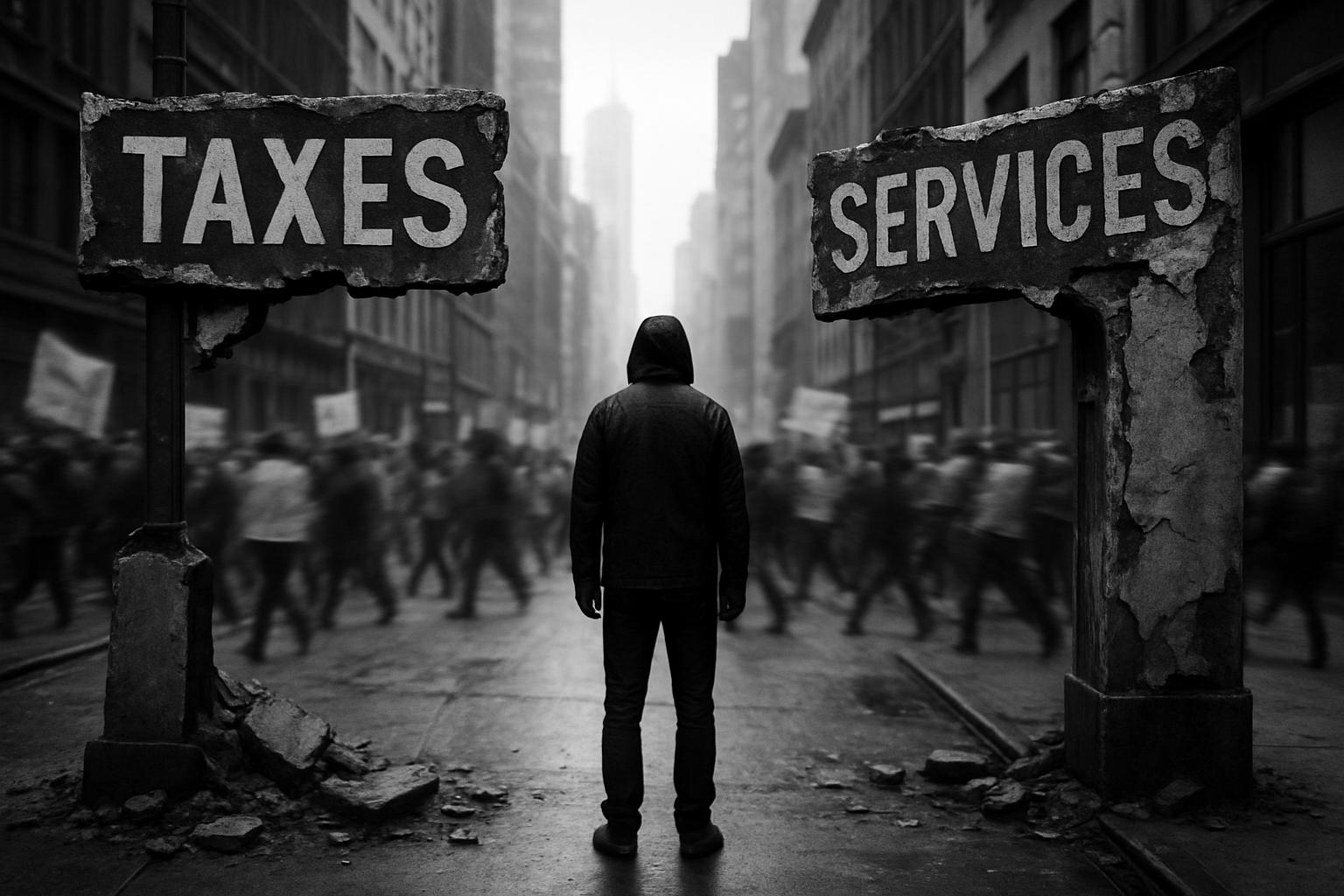During a recent edition of BBC’s Question Time filmed in London, the audience was drawn into a spirited debate on the perennial issue of public service funding and taxation. The discussion featured a panel including Labour MP Alex Davies-Jones, Conservative peer Ken Clarke, and Danny Kruger, an MP who recently left the Conservatives to join Reform. The debate became especially animated when a man in the audience raised a pointed question about the feasibility of improving public services without increasing taxes.
The audience member highlighted a common dilemma: many members of the public desire better-funded services but are reluctant to accept higher taxes. Challenging this expectation, he wryly asked, "Are we all bad at maths?" , a remark that drew laughter and knowing nods from the crowd. His comment underscored the practical reality that funding enhanced public services necessitates either higher taxes or alternative revenue measures.
The audience member later elaborated on his perspective, suggesting a nuanced approach to taxation. While acknowledging that Labour’s planned increases in income tax might be overdue, he pointed to other potential tactics, including targeted tax cuts such as the Liberal Democrats’ proposal to reduce VAT on pubs and restaurants by 5%. He argued this could stimulate spending and economic activity, ultimately raising more revenue without raising income tax rates directly.
However, this perspective sparked a debate about who should bear the tax burden. Zarah Sultana, co-founder of the newly established Your Party alongside Jeremy Corbyn, made a strong case for increasing taxes on the wealthy. She dismissed fears of capital flight among ultra-rich individuals with assets over £10 million, insisting that the wealthy are unlikely to relocate due to their entrenched ties, such as children in private schools and a lifestyle rooted in the UK. Sultana criticised the current tax system’s perceived unfairness, highlighting how corporations like Amazon and Facebook negotiate tax deals, which she called "criminally unfair." She called for taxing wealth more heavily rather than placing the burden on workers.
Contrastingly, Danny Kruger contested Sultana’s stance, arguing that high taxation does indeed drive wealthy individuals away. He cited figures indicating that around 17,000 high-net-worth individuals left the UK last year, basing his claim on concerns about tax policy. Kruger extended his argument to young people, who he said increasingly feel the UK is not a welcoming place for their futures, further complicating debates on tax and migration.
This exchange reflects wider tensions in UK politics over taxation and public spending, where competing views grapple with issues of fairness, economic incentive, and social responsibility. According to official figures, earning £75,300 or above places individuals in the top 5% of earners, though perceptions sometimes differ, as highlighted by a separate BBC Question Time debate where an audience member contested this data, illustrating the persistent disconnect between statistical realities and public understanding.
Question Time’s role in facilitating such robust public discourse is longstanding. The programme has adapted its format over time, from episodes with panels representing all political parties aimed at younger viewers to more traditional line-ups featuring politicians and public figures. Its function is to bridge gaps between public opinion and political decision-making, often highlighting societies’ complex relationships with economics, governance, and social justice.
Ultimately, the lively dialogue from the recent episode illustrates that any talk of improving public services is incomplete without engaging the hard truths of fiscal policy and public willingness. The question posed, whether better services can be obtained without increasing taxes, remains a challenge for policymakers and the public alike.
📌 Reference Map:
- [1] (The Mirror) - Paragraphs 1, 2, 3, 4, 5, 6, 7
- [2] (The Independent) - Paragraph 8
- [3] (BBC Programme Index) - Paragraph 9
- [4] (BBC Programme Index) - Paragraph 9
Source: Noah Wire Services
